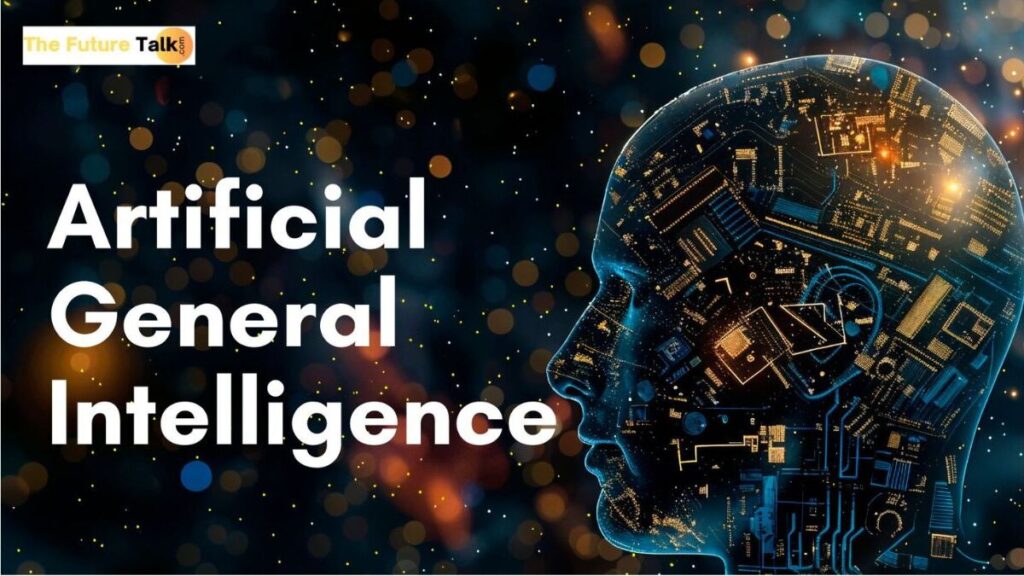
Technology is advancing at a rapid pace and making the news buzz every day. As the world is currently on a seismic shift with artificial intelligence (AI) and automation, people are talking about how close we are to Artificial General Intelligence (AGI).
The conversation around AGI has moved from science fiction to the real world, where people are frequently looking at and taking a deep dive into it to understand its possibilities.
Before we delve into the topic, let us understand what AGI really is.
What is Artificial General Intelligence (AGI)?
Simply, artificial general intelligence (AGI) is a type of artificial intelligence that can perform any task a human can—with equal or greater proficiency. Unlike narrow AI, which performs specific tasks (like facial recognition or playing chess), AGI is designed to simulate the full spectrum of human cognitive abilities, ranging from learning and reasoning to problem-solving, and even emotional understanding.
When Will We Actually Achieve AGI?
We all know that AI systems are currently performing a lot of tasks with efficiency and better than humans in many cases. Even its real-world applications have put several human jobs at risk. This shows how capable AI systems and machines are. Despite this, the question remains: when will we achieve AGI?
Well, many believe that someday AGI may replicate human-like cognitive abilities, and that has already started. For example, if you ask an AI tool about writing an article, it gives you well-crafted content with every detail that you may miss when you write on your own.
Tech giants offering AI tools like ChatGPT and Microsoft Copilot are continuously putting efforts into their AI tools to excel at understanding and generating human-like text. The recent example is Google Gemini 2.5 to AI mode.
Currently, AI systems excel in pattern recognition, prediction, and even creativity, but only within defined boundaries. What is holding it back is adaptability, common sense reasoning, and emotional understanding.
If we compare human beings with AGI, what makes us survive is our adaptability to different situations. We have adapted and survived for thousands of years. Conversely, AGI lacks general-purpose ability and true understanding of grasping meaning as we humans do.
Since many assume that achieving artificial general intelligence (AGI) would be the ultimate goal of the AI legacy, most researchers and academics believe we are decades away from realising AGI.
Roboticist at the Massachusetts Institute of Technology (MIT) and cofounder of iRobot, Rodney Brooks, believes that AGI will not arrive until the year 2300.
Professor of computer science at the University of Alberta, Richard Sutton, stated in a talk, “Understanding human-level AI will be a profound scientific achievement (and economic boon) and may well happen by 2030 (25% chance), or by 2040 (50% chance)—or never (10% chance).”
What Will Make AI To Become AGI?
AI is already doing efficient and smart work, but it also lacks in providing what is currently happening in the world at the same time. AI systems are not yet able to replicate human perception. This is where it needs sensory perception to become AGI.
AI needs to be able to consume different sources of information with full comprehension to operate from a place of human-level general knowledge and common sense. AGI also requires problem-solving abilities, navigation, creativity, and social and emotional engagement.
Thus, it is clear that there is a lot of improvement needed in AI systems to become AGI. These systems require large amounts of data on sophisticated neural networks that allow AI to be able to navigate complex tasks such as natural language processing (NLP) and image recognition.
So, Where Are We Currently With AGI?
The answer to When will we achieve AGI? is: no one knows. Even experts have mixed opinions, while many state that AGI is nowhere close to reality, others believe we are decades away from realising it.
At the current stage, what we only know is that the development toward AGI is reshaping how we understand intelligence, humanity, and technology itself. What is your opinion on this? Comment below.
Stay tuned to The Future Talk for more such interesting topics. Comment your thoughts and join the conversation.